Volkswagen increased the number of EVs it sold by 73% in 2021 as the automaker reflects on the first year of its ‘Accelerate’ strategy.
This strategy aims to transform Volkswagen into the most attractive technology company for sustainable mobility.
In total, VW sold more than 369,000 EVs last year – of which 106,000 were PHEVs and 263,000 were BEVs.
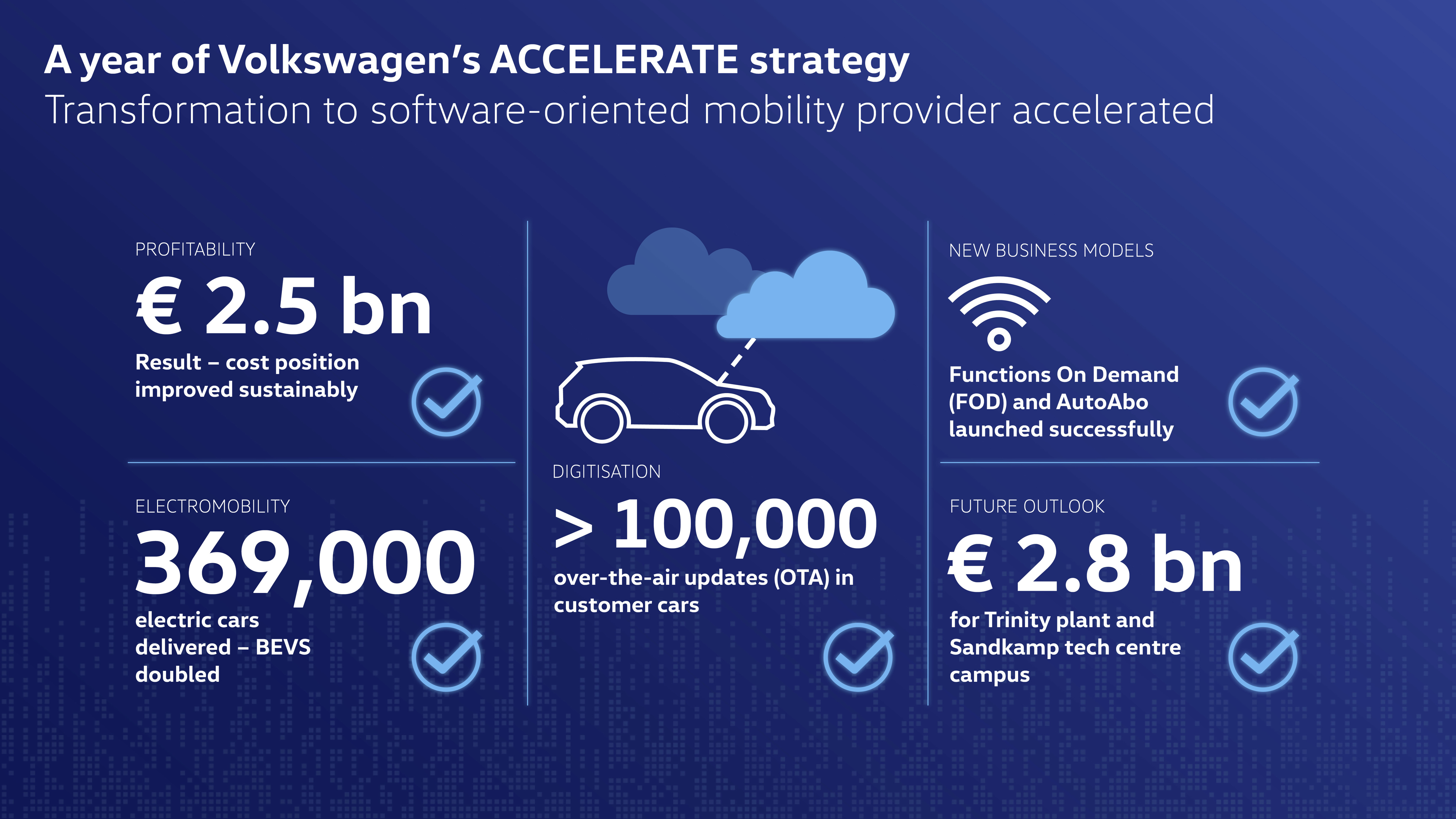
The German automaker therefore doubled its BEV deliveries compared to 2020.
Three new EVs were launched – the ID.4, ID.5 and ID.6 in China. A few weeks ago, we also saw the launch of the all-electric ID. Buzz.
To respond to the rising demand for its vehicles, VW converted its Zwickau plant into a dedicated EV production facility. Now three further plants in Emden, Hanover and Chattanooga in the USA will begin building EVs this year as well.
Under the Accelerate strategy, VW is also driving ahead with the transformation of its main plant in Wolfsburg. In 2023, the plant will begin building the first fully electric model – the ID.3.
Production of a second electric model, the Trinity, will begin in 2026. This has a range of more than 700km and is technically ready for automatic driving, Level 4.
Overall, the company sold 4.9m units last year, which was 8% lower than in 2020. But sales revenue grew 7% to €76.1bn. At the same time, VW continued to invest in the big topics of the future, with every second euro invested or spent on research and development for e-mobility.
Important milestones were also made in digitisation with VW becoming the first volume car manufacturer to offer over-the-air (OTA) updates. Over 100,000 updates have already been installed in EVs in Europe.
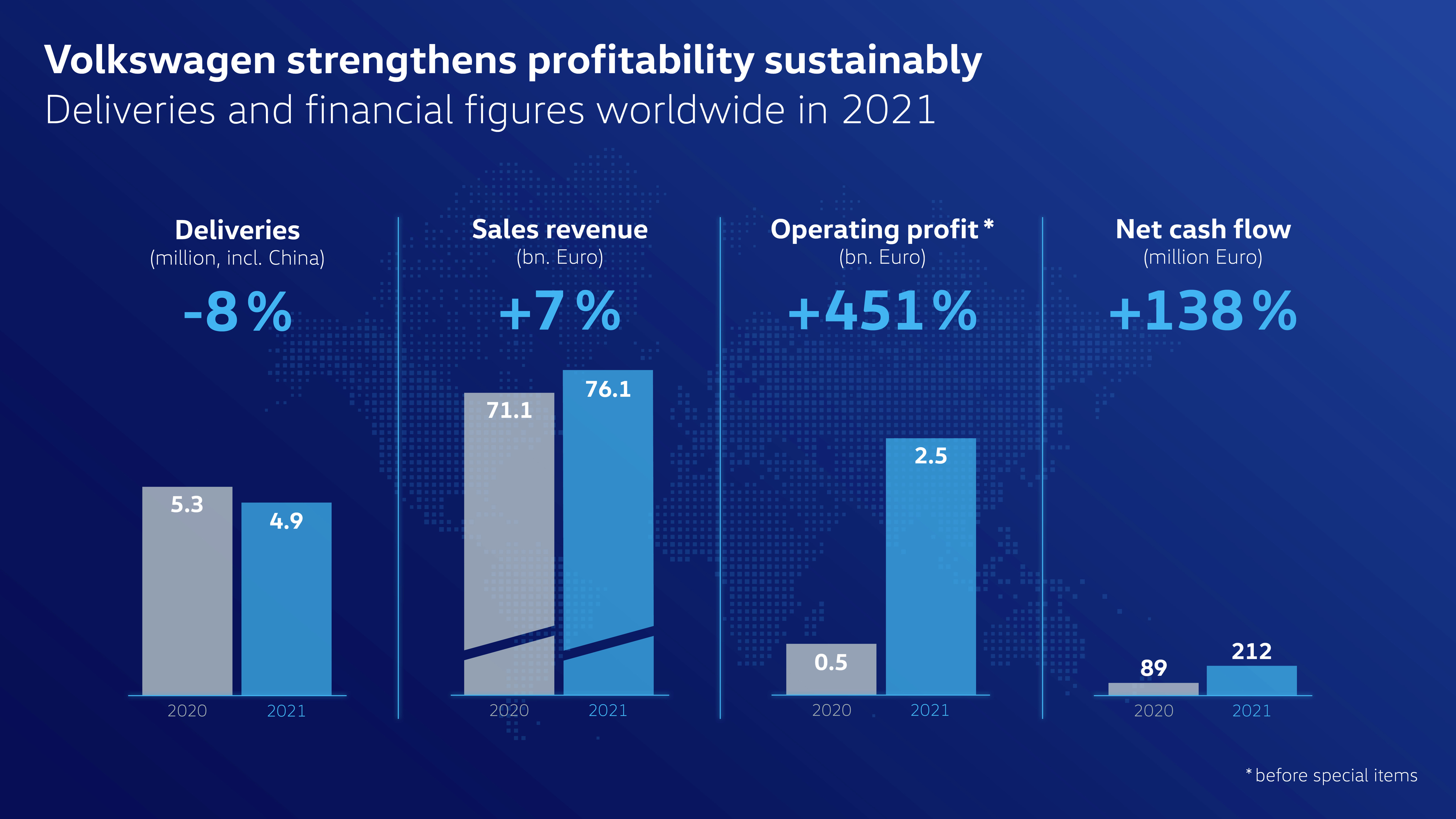
This year, VW wants to significantly increase its deliveries of EVs. The company will be investing €18 billion in e-mobility, hybridisation, and digitalisation up to 2026.
“2021 was an extraordinary year. In an extremely demanding environment, we not only stayed on course in operating terms, but also gave our efficiency a sustained boost,” said Ralf Brandstätter, chief executive of Volkswagen Passenger Cars.
“Today, we are much more profitable, more crisis-resistant and more effective than we were just a year ago.
“At the same time, we have once more stepped up the pace of our transformation into a tech company with the Accelerate strategy. In 2022, we will continue to forge ahead with our transformation and with strengthening our resilience. However, it is not possible at the present time to predict the course of the war in Ukraine and, more particularly, the impact on supply chains and the global economy as a whole. But we laid a robust basis in 2021 to master this crisis, too.”

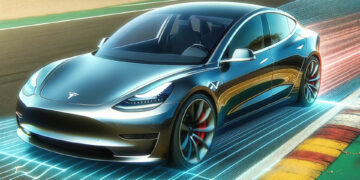

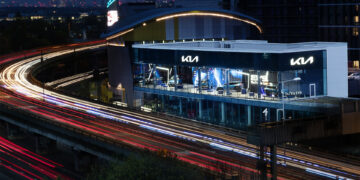

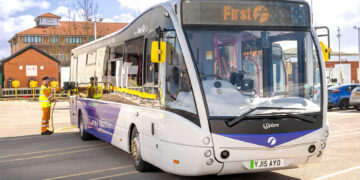


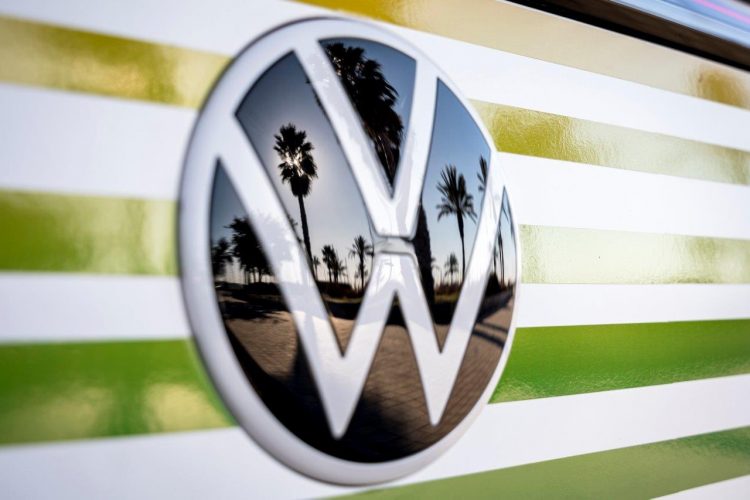









Discussion about this post